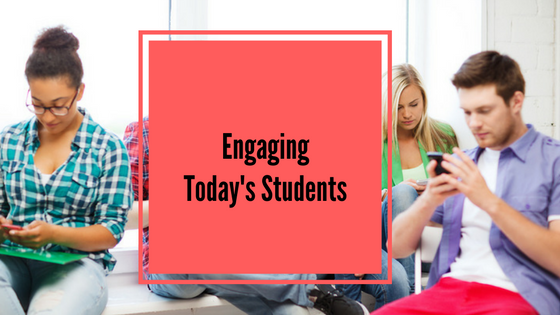
Today’s students are incredibly diverse in terms of race, socioeconomic status, and age. About 40% of all college students are above the age of 25, according the U.S. Department of Education. Over a third of students attend classes part-time, and almost 20% work a full-time job. The numbers of enrollees at community colleges and for-profit colleges has risen to almost 40% of students. Business administration is the most popular major of current students, while school student counseling and military technologies remain the least popular. Overall, the profile of the traditional student – who spends four leisurely years studying on Mom or Dad’s dime – has diminished in dominance, gradually being replaced by nontraditional students.
The trends in higher education mirror trends in America more generally, with the Millennial generation coming to dominance. Millennials are born in the years 1981-2000 and number almost 75 million. Millennials are different from Generation X, the generation preceding it, due to the influence of the Internet and globalization during their formative years. Millennials tend to be less cautious than Generation X and are more global and networked. These characteristics of Millennials, whom you may be teaching, lead to an importance of technology in the classroom.
Millennials tend to be digitally connected most of the time, which can be a double-edged sword for modern educators. Most Millennials own smartphones and can access emails and text messages at any hour of the day, thus allowing professors to lean heavily on electronic communication. By reminding students of upcoming tasks and assignments, professors make it more likely students will stay on top of their learning. On the other hand, technology can be a distraction in the classroom and lead students to lose focus; some professors have banned laptop and cell phone usage in class to ensure students remain focused.
Because the student population is becoming more diverse, professors must learn to engage non-traditional students who may come from multiple generations. Learning to teach by objectives can help older students feel more comfortable and engaged in the course, making the content more accessible and relevant to them. In addition, resources on campus may be a good source of support for professors seeking to better appeal to nontraditional students, since campus institutions may have a better feel for the type of students you may be serving. Overall, learning about your students and understanding their backgrounds can help you tailor your class to their needs, so don’t be afraid to reach out to students in the first weeks of class — it can make the difference between their success and failure!

